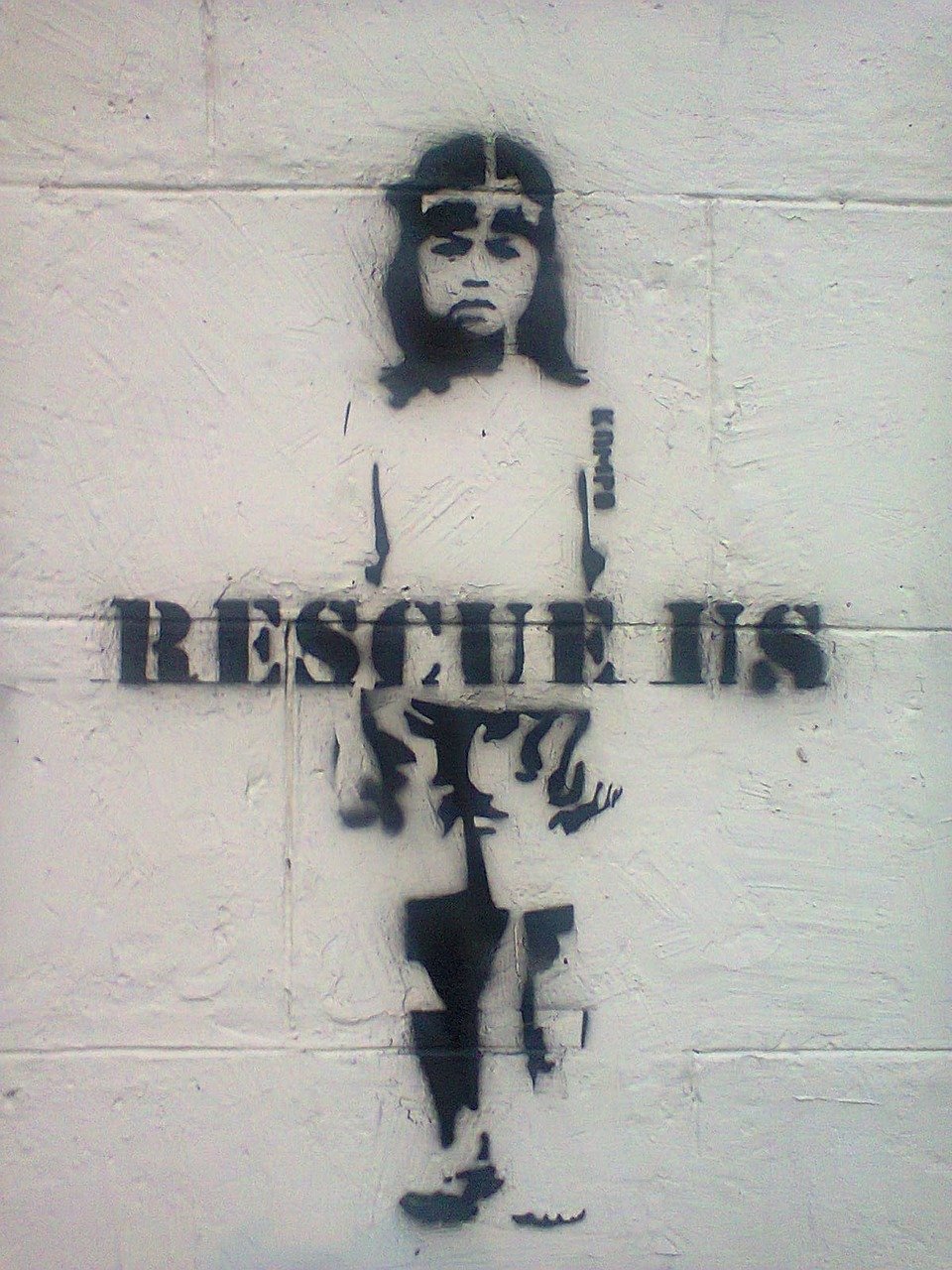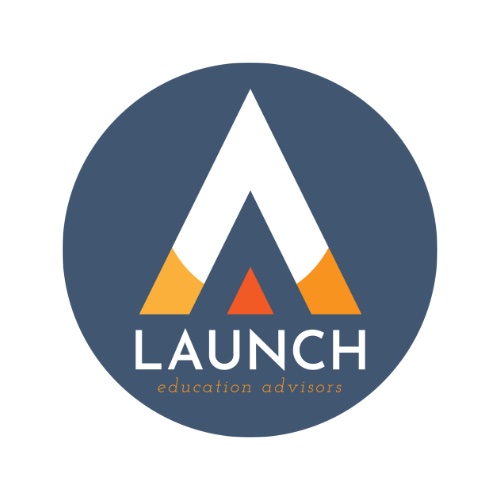by Alicia Tappan, Program Director, The Secret Place Home
WHAT IS HUMAN TRAFFICKING?
 The United Nations defines human trafficking as the recruitment, transportation, transfer, harboring or receipt of persons by improper means (such as force, abduction, fraud or coercion) for an improper purpose including forced labor or sexual exploitation.
The United Nations defines human trafficking as the recruitment, transportation, transfer, harboring or receipt of persons by improper means (such as force, abduction, fraud or coercion) for an improper purpose including forced labor or sexual exploitation.
A minor of sex trafficking is someone subjected to “the recruitment, harboring, transportation, provision, or obtaining of a person for the purposes of a commercial sex act, in which the person induced to perform such an act has not attained 18 years of age.”
The commercial sexual exploitation of children (CSEC) is:
- Sexual activity involving a child in exchange for something of value, or promise thereof, to the child or another person or persons.
- The child is treated as a commercial and sexual object.
- CSEC is a form violence against children.
CSEC INCLUDES:
- street prostitution
- pornography
- stripping
- erotic/nude massage
- escort services
- phone sex lines
- private parties
- gang-based prostitution
- interfamilial pimping
- forms of Internet-based exploitation, including self-exploitation
Child victims of human trafficking are forced, induced or coerced into providing labor, services or commercial sex. A trafficked child may be compelled to engage in illegal activities such as prostitution or the selling of drugs. Instead of being treated as victims, many are treated as criminals and are prosecuted accordingly. Arrest and prosecution can further traumatize the victim as well as leave him or her with a profound distrust of law enforcement. Oftentimes this prevents victims from seeking assistance. Furthermore, the criminal record that results from being prosecuted can act as a barrier to future employment and other opportunities. Thus, it is necessary for states to enact laws that both protect and assist children who have been exploited for labor or sex. The laws that provide this type of protection are called safe harbor laws.
Providing wraparound services for the young survivors of trafficking is essential. A sense of urgency and the ability to get survivors into a variety therapeutic services allows the healing journey to begin right away. Understanding Adverse Childhood Experiences (ACEs) and Trauma Informed Care are crucial for therapeutic aftercare programs. These provide immediate tangible needs, but also intangible emotional and psychological help. This includes the need for the entire family to receive Family Wraparound Services. Embracing the entire family through different counseling modalities creates safe spaces for hard conversations. Parenting classes and workshops, career development and continuing education for caregivers supports and encourages the families to work together on their healing journeys. When sexual exploitation victimizes a child, the whole family is affected.
Survivors benefit from other life skill developments including career development, from resume building to mock interviews. Young people need an accountability person and help with shopping for professional clothing. By building capacity among local small business communities, after care services for survivors should have built-in opportunities for job shadowing and internships. Access to other life skills also includes independent living, financial literacy, driver’s education, parenting classes, continuing education, GED and partner scholarship opportunities through local colleges. Women’s hygiene, nutrition and wellness, and spiritual development are also essential for after-care services.
When awareness and education meet survivor-led and centered programmatics, communities can change the trajectory of human trafficking in their area. By taking a pledge to become more informed and creating spaces for healing through intentions and opportunities, survivors will be able to get the help they need and so very much deserve.
Our guest author, Alicia Tappan, is Program Director of The Secret Place Home in Pensacola, Florida, which provides help and advocacy for child survivors of human trafficking. She is the daughter-in-law of AWC Zürich FAWCO Rep Lyla Taylor.
Sources:
United Nations Office on Drugs and Crime
Image by Eduardo Davad from Pixabay

